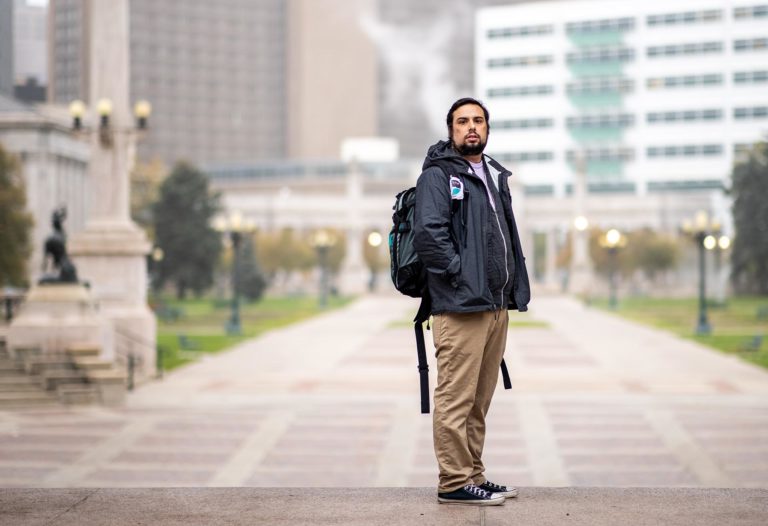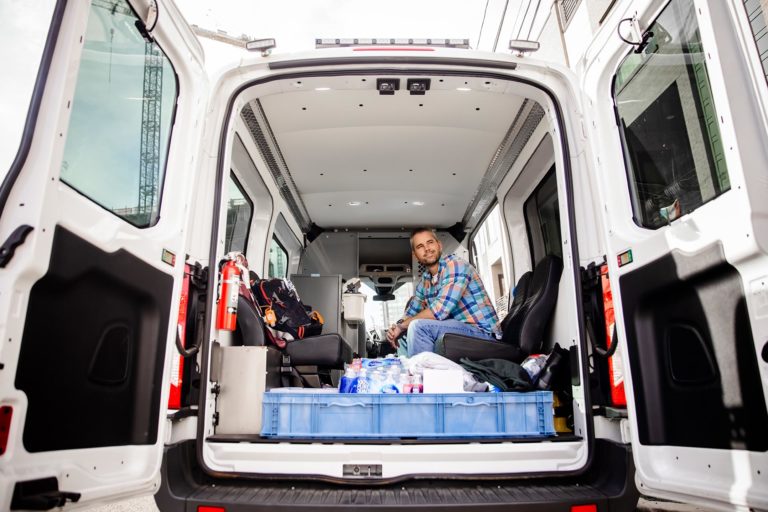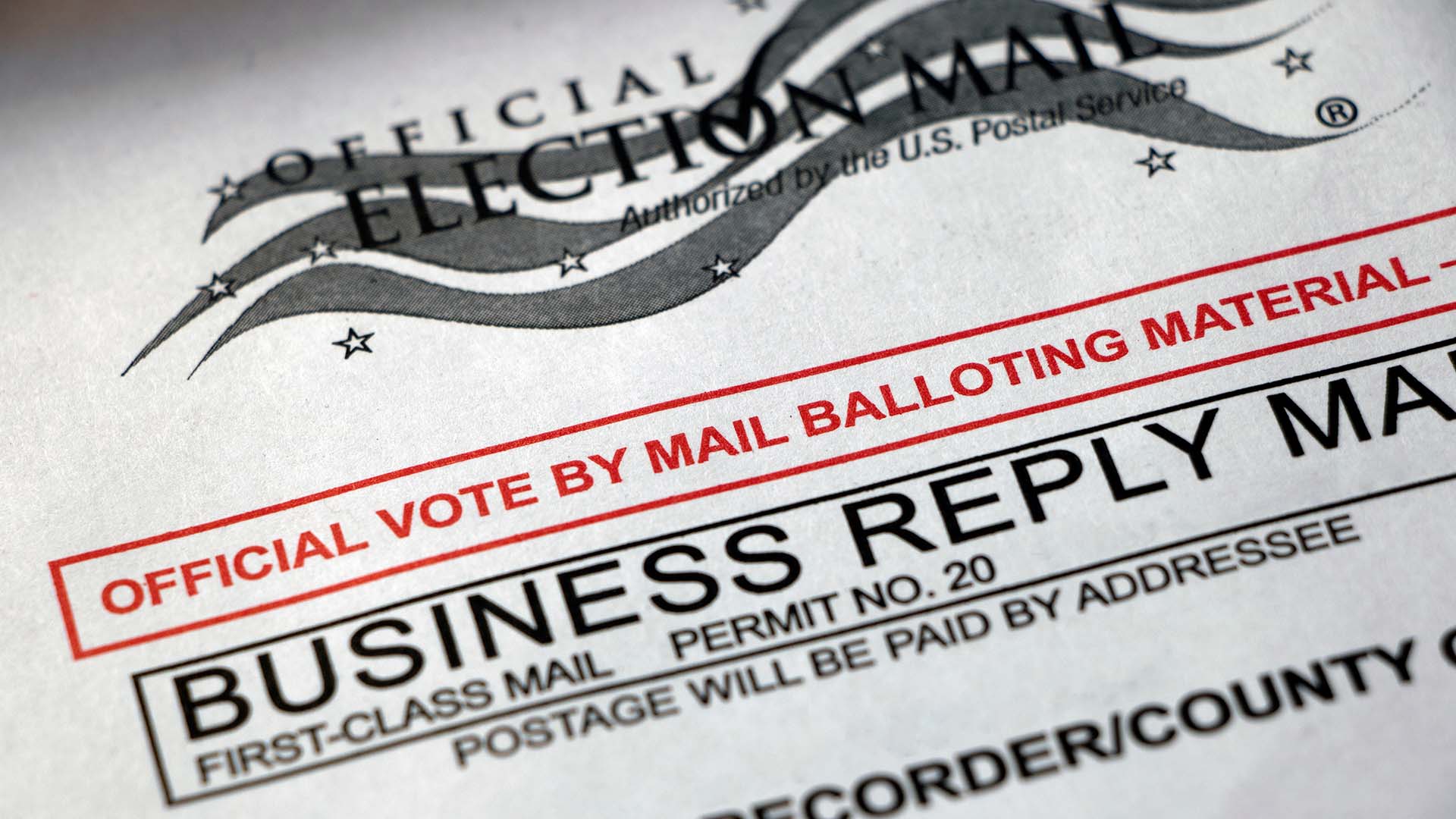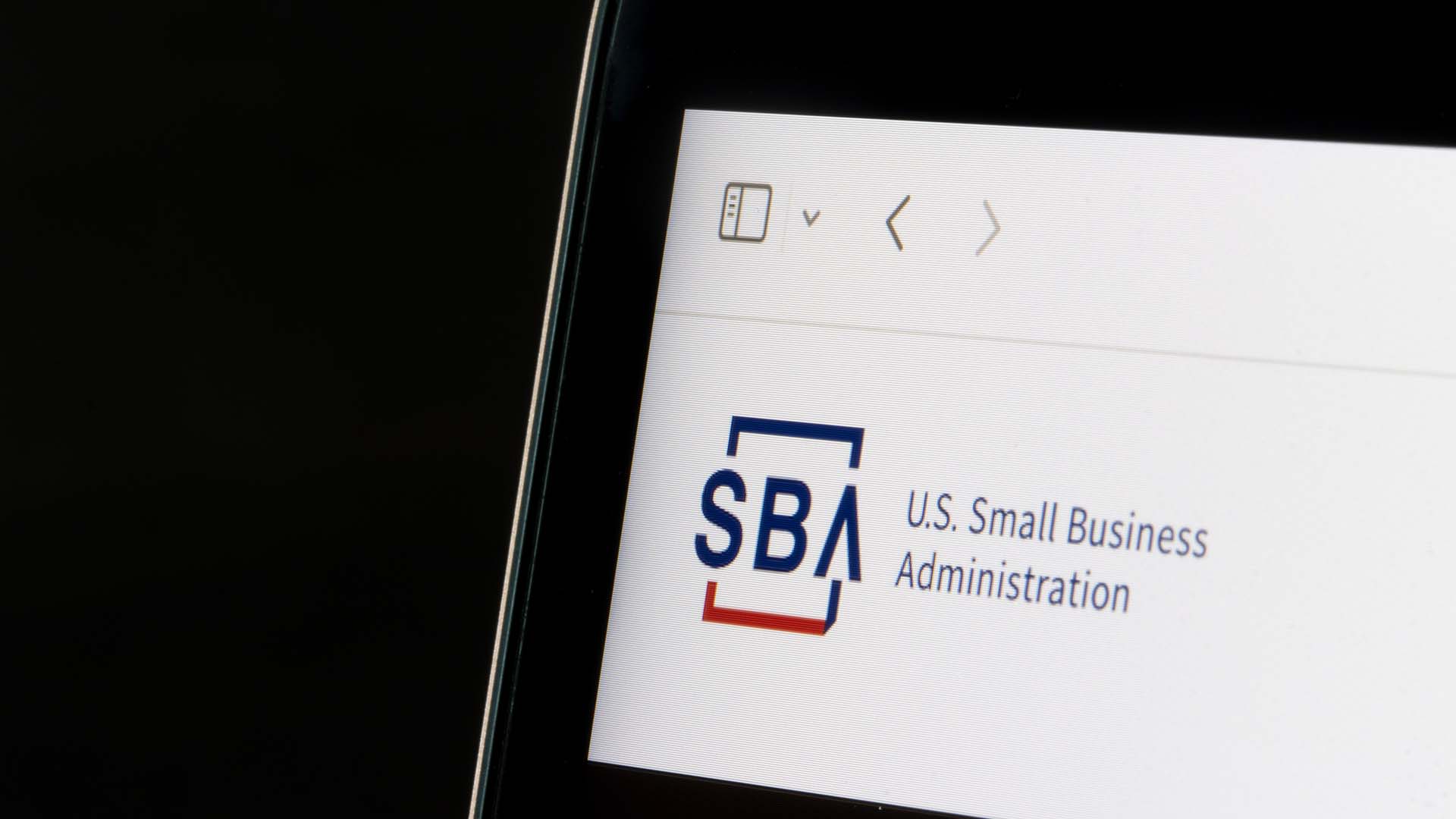Denver program that diverts 911 calls to medical professionals inspires federal legislation
The STAR program, launched by two MSU Denver alumni in 2020, serves as a model for the bill, which would fund similar initiatives nationwide.

Inspired by a successful Denver-based alternative emergency-response program, U.S. Sen. Michael Bennet has unveiled legislation to fund initiatives nationwide that would send medical professionals instead of police to mental-health emergencies and other public-health-related calls.
Denver’s Support Team Assisted Response Program, known as STAR, served as a model for the legislation, which would support programs that pair mental-health clinicians with paramedics “to respond to certain low-risk calls to the 911 system,” according to a news release.
Metropolitan State University of Denver alumni Chris Richardson and Vinnie Cervantes helped launch the service, which is designed to divert low-level calls away from police and toward mental-health and medical professionals.

“Community policing is an essential part of our response to the rise of crime in our country. It allows law enforcement to focus on violent crimes and lets local responders respond to people experiencing mental-health crises or drug addiction,” Bennet said. “Colorado’s model proves that community policing can help deescalate encounters and connect people in crisis with the mental-health services or other support they need.”
Since it was launched in 2020, STAR has responded to thousands of calls citywide. In February, Denver City Council approved a $1.4 million contract to help expand the program and to increase the number of response vans from one to six.

Medical professionals who respond to mental-health, substance-use and other public-health emergencies are able “to triage and plan next steps on the scene and provide connection to appropriate services,” said Richardson, associate director of criminal-justice services at the Mental Health Center of Denver, which runs STAR.
“I’m hopeful that what we learn here in Denver can help similar programs,” Richardson told RED in 2020. “I’m proud of Denver. It’s progressive and has taken strides to look internally and figure out ways to best meet the needs of its citizens.”
Bennet’s legislation, called the Supporting Mental Assistance Responder Teams Community Policing Act, would expand or create programs that:
- Pair a mental-health clinician with a paramedic or emergency medical technician to respond to certain low-risk calls to the 911 system;
- Train crisis workers to respond to calls for service and help stabilize encounters;
- Provide mental-health services for people, including those in crisis who may need further evaluation and treatment;
- Stabilize encounters between law-enforcement officers and people experiencing a mental- or behavioral-health crisis and connect the latter with appropriate support programs; and
- Build case-management and outreach teams to follow up with people to develop specific solutions to reduce repeat interactions with emergency services.
In addition to STAR, Bennet studied alternative-response programs in Grand Junction and Summit County while drafting the federal legislation.




